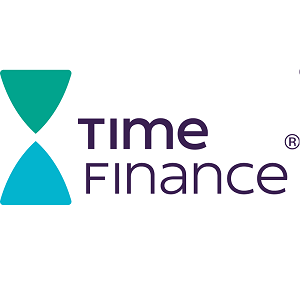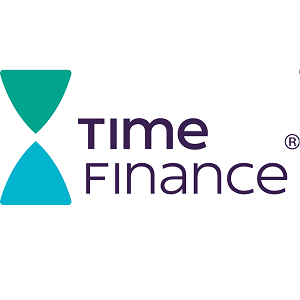Managing a business’s finances can be challenging, especially when faced with financial difficulties that impact your credit score. A bad credit score can create obstacles in obtaining funding and increase borrowing costs. However, there are practical ways to improve your business credit score and pave the way for financial growth.
A business credit score, ranging from 0 to 100, is used by lenders and suppliers to assess a company’s creditworthiness. Lower scores indicate higher risk, and a bad credit rating (typically 0–40) can make accessing finance both difficult and costly. A strong credit score, on the other hand, demonstrates reliability and provides reassurance to lenders, investors, and partners.
Improving your business credit score involves actionable steps. One key approach is reducing debt by reorganising cash flow and cutting unnecessary expenses. Consolidating existing loans into one with a lower interest rate can also simplify repayments. Implementing budgeting strategies, such as zero-based budgeting, can help control expenses and ensure funds are allocated effectively.
Paying bills on time is another crucial factor. Timely payments show financial responsibility, improving your credit score and establishing trust with lenders. Scheduling payments within a financial calendar can support better cash flow management. Additionally, pausing new credit applications until existing debts are under control reduces perceived financial risk to lenders.
Opening a business bank account is another significant step. It separates personal and business transactions, enabling better financial tracking and transparency for lenders. Closing inactive accounts and maintaining organised financial records also contribute positively to your credit score. Moreover, staying compliant with Companies House requirements ensures lenders have accurate information about your business.
Maintaining a good credit score requires ongoing diligence. Avoid over-reliance on credit and manage your credit limit responsibly to keep utilisation around 30%. Factors like frequent credit applications, late payments, and unresolved debts can negatively impact your creditworthiness.
Business credit differs from personal credit in its focus on organisational finances rather than individual expenses. Understanding these differences and monitoring your credit through specialist platforms can help you address potential issues proactively.
For businesses needing financial support, companies like Time Finance offer tailored solutions to improve cash flow, such as invoice finance and asset-based loans. With experienced specialists, they provide tools and strategies to help businesses overcome financial challenges and achieve long-term success.
Improving and maintaining a healthy business credit score requires consistent financial discipline and strategic decision-making. By taking proactive steps and utilising expert guidance where needed, businesses can build a strong foundation for future growth and stability.
Time Finance plc (LON:TIME) is an AIM-listed business specialising in the provision or arrangement of funding solutions to UK businesses seeking to access the finance they need to realise their growth plans. Time Finance can fund businesses or arrange funding with their trusted partners through Asset Finance, Invoice Finance, Business Loans, Vehicle Finance or Asset Based Lending.


